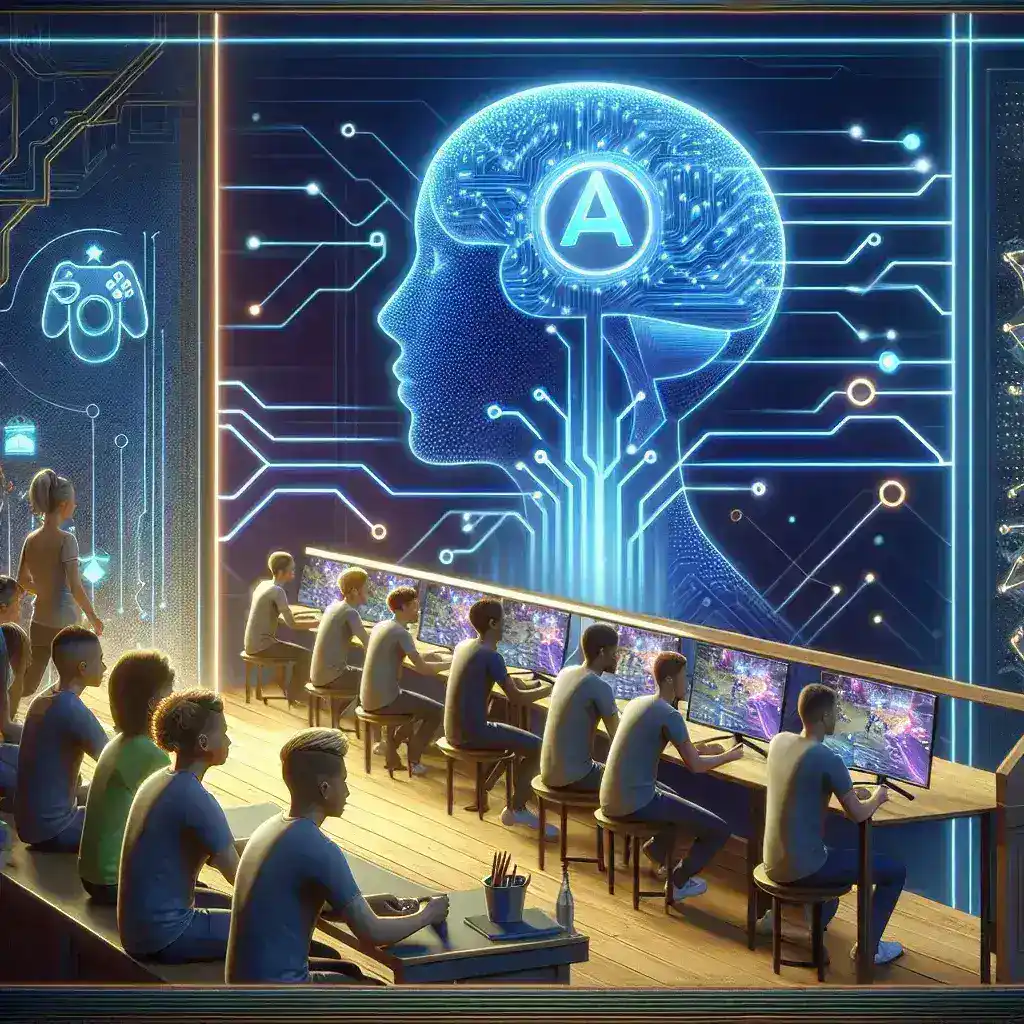Introduction
The gaming industry is constantly evolving, and the Epic Games Store is at the forefront of this innovation. Recently, the store has announced its plans to test artificial intelligence (AI) recommendation engines specifically designed for U.S. esports players. This article delves into the implications of this technology, its potential benefits, and what it means for the future of gaming.
The Rise of AI in Gaming
Artificial intelligence has made significant inroads into various sectors, and gaming is no exception. With the ability to analyze vast amounts of data, AI can provide personalized experiences, making it an invaluable tool for gaming platforms. The Epic Games Store recognizes this potential and aims to leverage AI to enhance the user experience for esports players.
Understanding AI Recommendation Engines
AI recommendation engines are systems that analyze user behavior and preferences to suggest relevant content. In the context of the Epic Games Store, this means providing esports players with tailored game recommendations based on their playing habits, preferred genres, and even their competitive style. This personalization can lead to more engaging gaming experiences and increased player satisfaction.
Historical Context
The integration of AI in gaming isn’t a new phenomenon. Companies have been experimenting with AI for years, but the focus on esports is a recent development. As esports have grown in popularity, the need for systems that can cater to the specific demands of competitive gamers has become increasingly apparent. The Epic Games Store’s initiative to implement AI recommendations signifies a step forward in acknowledging and addressing these needs.
Benefits of AI Recommendation Engines for Esports Players
1. Enhanced Game Discovery
One of the significant advantages of AI recommendation engines is their ability to help players discover new games. With thousands of titles available, it can be overwhelming for players to find games that match their interests. AI can analyze player data and suggest titles that they may not have considered otherwise.
2. Personalized Experiences
By tailoring recommendations, AI can create a more personalized gaming experience. Players are more likely to engage with games that resonate with their preferences, leading to increased playtime and enjoyment.
3. Improved Competitive Edge
For esports players, staying ahead of the competition is crucial. AI can recommend strategies, game modes, and even training resources tailored to individual players’ strengths and weaknesses, providing them with a competitive edge.
4. Community Building
AI can also facilitate community building among gamers. By recommending games that are popular within a player’s community or among friends, players can connect over shared interests, fostering a sense of belonging.
Challenges and Considerations
1. Data Privacy Concerns
As with any technology that relies on user data, there are concerns about privacy and data security. Players may be hesitant to share their information, fearing how it will be used. The Epic Games Store must prioritize transparency and user consent in its AI initiatives.
2. Potential for Misleading Recommendations
While AI can analyze data effectively, it is not infallible. There is a risk that the recommendations provided may not always align with a player’s interests. Continuous improvement and feedback mechanisms will be essential to ensure the system evolves based on user input.
3. The Human Element
While AI can enhance recommendations, the human element of gaming cannot be overlooked. Players often seek games based on emotions, experiences, and word-of-mouth recommendations. Balancing AI-driven suggestions with community insights will be crucial.
The Future of AI in Esports
As the Epic Games Store progresses with its AI recommendation engine testing, the implications for the broader esports landscape are significant. The integration of AI technology can revolutionize how players interact with games, but it also opens the door for further innovation.
Predictions for Future Developments
- Real-Time Adaptation: Future AI systems may evolve to provide real-time recommendations based on a player’s in-game performance, offering suggestions for immediate improvement.
- Broader Ecosystem Integration: AI recommendations could extend beyond the Epic Games Store, integrating with streaming platforms and social networks to create a holistic esports experience.
- Increased Collaboration: The gaming community may see more collaborative features driven by AI, allowing players to form teams based on similar interests and skills.
Conclusion
The Epic Games Store’s testing of AI recommendation engines for U.S. esports players marks an exciting development in the gaming industry. By leveraging AI, the store aims to enhance user experience, promote game discovery, and support the competitive growth of esports players. While challenges remain, the potential benefits are vast, paving the way for a more personalized and engaging gaming ecosystem. As this technology evolves, it will be fascinating to see how it shapes the future of gaming and esports.





Leave a Reply